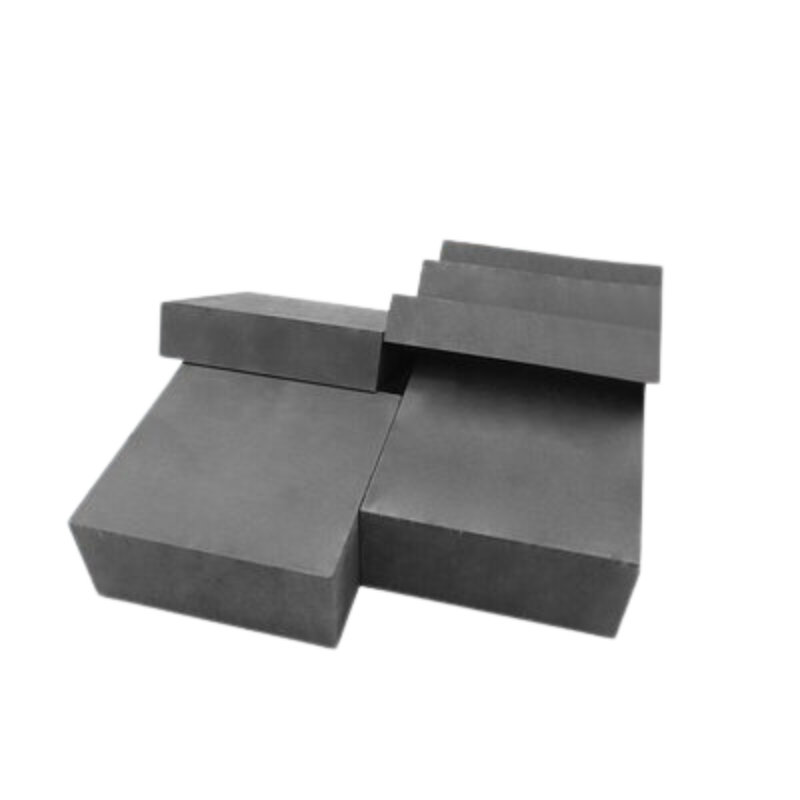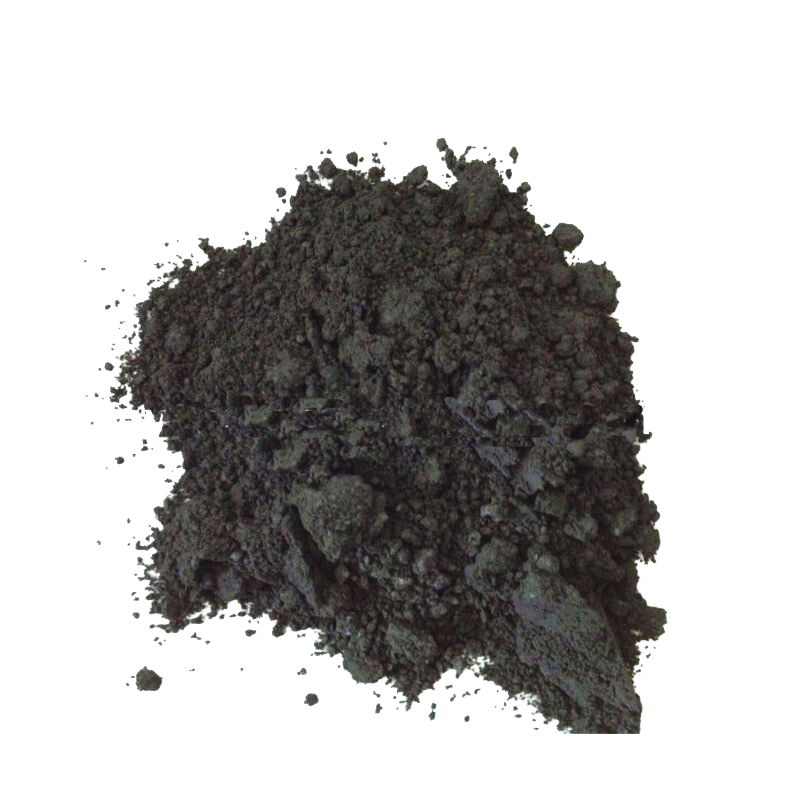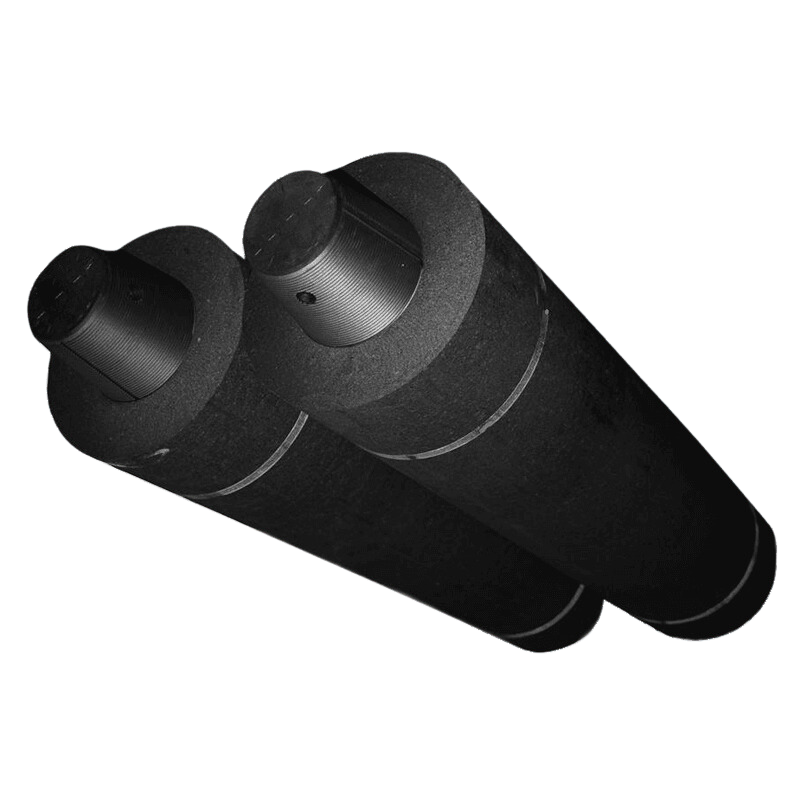Introduction:
Graphite molds have long been integral to various industries, offering precise and efficient solutions for molding intricate components. In recent years, their utilization in the pharmaceutical industry has gained significant momentum. This article delves into the myriad applications and benefits of graphite molds in pharmaceutical production processes, shedding light on their role in enhancing efficiency, quality, and innovation.
Understanding Graphite Molds in Pharmaceutical Production: Graphite molds serve as versatile tools in pharmaceutical manufacturing, facilitating the production of tablets, capsules, and other dosage forms with unparalleled precision. These molds are crafted from high-quality graphite materials, renowned for their exceptional thermal conductivity, machinability, and resistance to chemical corrosion. Such properties make graphite an ideal choice for molding applications in the pharmaceutical sector, where stringent quality standards and production efficiency are paramount.
Applications of Graphite Molds in Pharmaceutical Manufacturing:
1.Tablet Compression: Graphite molds play a pivotal role in tablet compression processes, where they enable the fabrication of uniform and consistent tablets. By utilizing graphite molds with precise cavity designs, pharmaceutical manufacturers can achieve optimal tablet shapes, sizes, and dosages, ensuring product efficacy and patient safety. Additionally, the heat resistance of graphite molds allows for efficient cooling of compressed tablets, minimizing production cycle times and enhancing throughput.
2.Capsule Formation: In capsule manufacturing, graphite molds facilitate the production of seamless and accurately dosed capsules. By employing custom-designed graphite molds, pharmaceutical companies can achieve tight tolerances and smooth surface finishes, optimizing the encapsulation process. Moreover, the inherent non-stick properties of graphite prevent adhesion issues, ensuring seamless capsule ejection and minimizing production downtime.
3.Specialty Dosage Forms: Graphite molds offer unparalleled versatility in the production of specialty dosage forms, including multiparticulate formulations, implants, and transdermal patches. With the ability to tailor mold designs to specific dosage requirements, pharmaceutical manufacturers can innovate and diversify their product offerings while maintaining stringent quality standards. Graphite molds enable precise control over dosage uniformity and release profiles, empowering pharmaceutical companies to deliver novel therapeutics with enhanced efficacy and patient compliance.
Benefits of Graphite Molds in Pharmaceutical Production:
1.Precision and Consistency: Graphite molds enable the production of pharmaceutical products with exceptional precision and consistency, ensuring uniform dosages and product quality. The customizable nature of graphite molds allows for the precise replication of intricate designs, guaranteeing consistent tablet/capsule dimensions and drug distribution. This consistency is critical for meeting regulatory requirements and ensuring patient safety.
2.Enhanced Efficiency: By leveraging the thermal conductivity and rapid heat transfer properties of graphite molds, pharmaceutical manufacturers can optimize production efficiency and minimize cycle times. Graphite molds facilitate rapid cooling of molded products, enabling high-speed production without compromising on quality. This efficiency translates to increased throughput and reduced manufacturing costs, driving overall competitiveness in the pharmaceutical market.
3.Compatibility and Durability: Graphite molds are inherently resistant to chemical corrosion and wear, making them ideal for pharmaceutical applications where exposure to aggressive substances is common. Unlike traditional mold materials, such as steel or aluminum, graphite molds exhibit superior longevity and compatibility with a wide range of pharmaceutical formulations. This durability minimizes mold maintenance requirements and ensures prolonged operational reliability, resulting in cost savings and production continuity.
Conclusion:
Graphite molds represent a cornerstone of innovation and efficiency in the pharmaceutical industry, offering unparalleled precision, versatility, and durability in manufacturing processes. From tablet compression to specialty dosage forms, graphite molds play a pivotal role in driving quality, consistency, and productivity across the pharmaceutical supply chain. As the demand for personalized medicine and novel therapeutics continues to grow, the utilization of graphite molds is poised to expand, shaping the future of pharmaceutical production and innovation.





